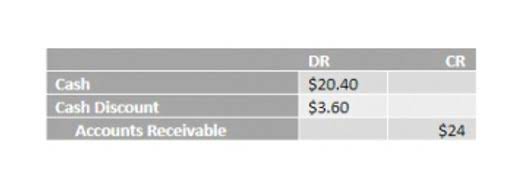
Our mission is to empower people to make better decisions for their personal success and the benefit of society.

If the stock sells for $10, $5 million will be recorded as paid-in capital, while $45 million will be treated as additional paid-in capital. Social capital is an even more intangible asset, referring to the relationships people have with each other, and the desire they have to do things for and with others within their social networks. People tend to do things to help and encourage those in their same social network, creating a cycle of mutually beneficial reciprocity. In an individual’s social network, social capital is the value of the content of the relational ties between people and not a product of the members of the network in and of itself. For instance, if you have a wealthy uncle in your network, knowing he could lend you money in a pinch would be to leverage that relationship’s social capital. Many businesses choose to invest in the happiness and well-being of their employees because this investment indirectly benefits the bottom line by cultivating a happier, more efficient workforce.
What is the significance of capital stock for a company?
Investors can participate in a company’s capital stock by purchasing shares through stock exchanges, becoming partial owners with the potential for capital appreciation and dividends. However, common stockholders are last in line to receive assets in the event of liquidation, making it a riskier investment but potentially offering higher returns through capital appreciation. When a company issues shares, it dilutes the value of existing shares in the market, potentially devaluing the equity held by older investors. In order to raise the value of outstanding shares, the company must either increase its market capitalization or issue a buyback.

In accounting, capital stock is one part of the equity section on a balance sheet.’ Only corporations can sell capital stock to investors. All authorized shares of common and preferred stocks are included when calculating capital stock. Capital stock is another term for the ownership shares of a company’s equity, represented as either preferred or common stock. Corporations typically sell their shares to investors in order to raise capital to fund their business operations. In exchange, investors receive partial ownership of the company, including dividends or voting power.
Calculating Capital Stock
It protects investors by preventing companies from diluting stock value by issuing too many shares. Corporate property is legally separated from the property of shareholders, which limits the liability of both the corporation and the shareholder. If the corporation goes bankrupt, a judge may order all of its assets sold but a shareholder’s assets are not at risk.
In other words, in many cases, a creditor you owe money to through your business usually won’t be able to come for the money in your personal accounts. Having an LLC can also legitimize your business, which may be a benefit to many small business owners. Meanwhile, Capital Economics the basic form of capital stock is said it expects US Treasurys will return 4.5% in the same period, slightly edging out equity gains. But starting in 2026, those stock market gains should unwind precipitously as higher interest rates and an elevated inflation rate start to weigh down equity valuations.
The Problems with Capital Stock
An investor can buy stock from a corporation and in return they hope to receive benefits known as dividends. Unlike taking loans or issuing bonds, a company is not required to repay capital investors at a set schedule. In addition, it is inexpensive for a company to issue new shares, which can be sold at a much higher price than the cost of issuing the securities.
- Capital stock represents the total value of shares issued by a company, reflecting the ownership interest held by its shareholders.
- The company has 4 million unissued stocks in reserve, which it can issue later to raise capital without incurring debt.
- For instance, a business owner and their investors (which constitute the capitalists) jointly own the entirety of the company—its assets, property, equipment, raw materials, and final product for sale.
- Economic capital may also take the form of cash or other assets like real estate, commodities, equipment, vehicles, and so forth which may be disposed of for cash in the market.

